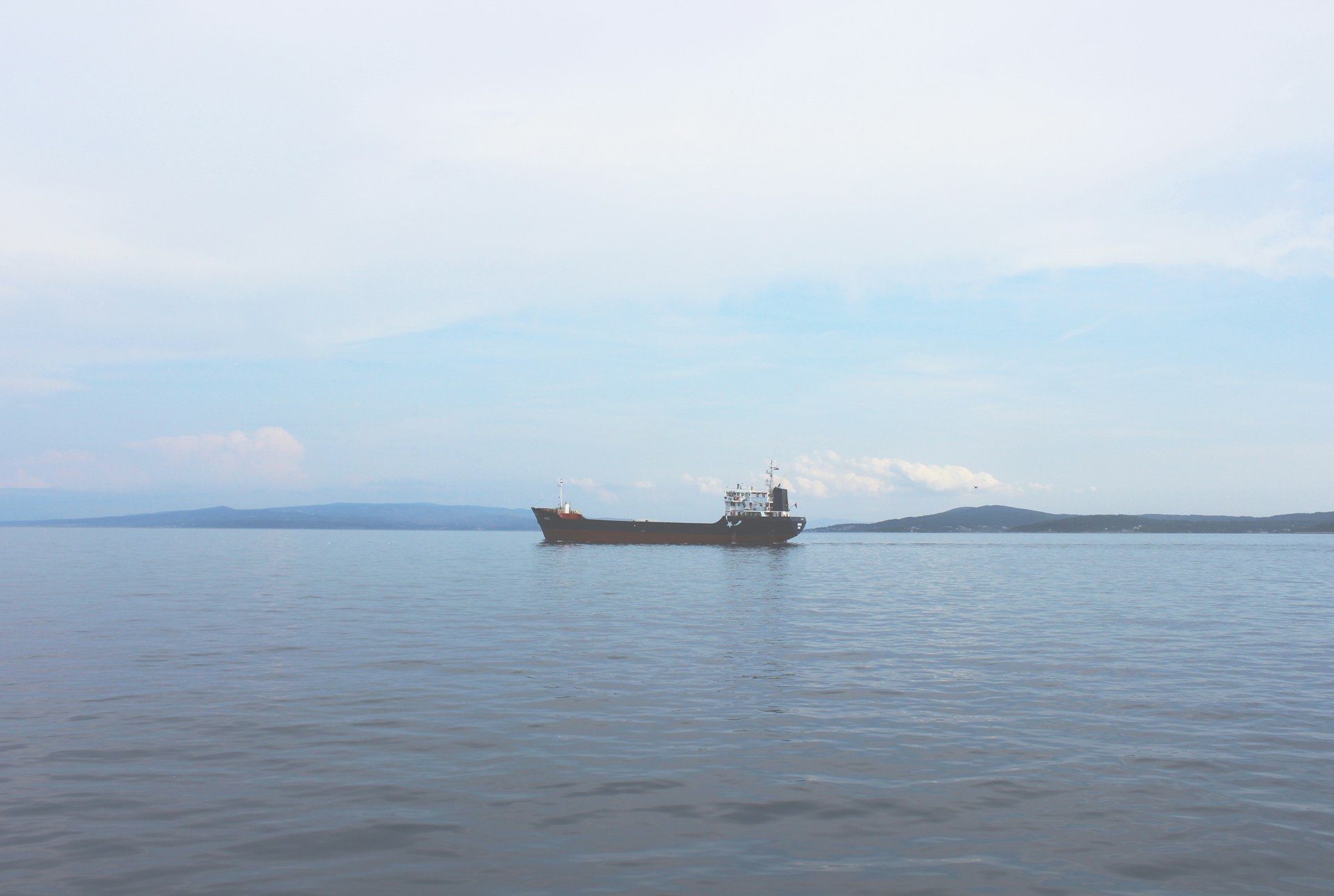Broker BRS Warns Grey Fleet Will Turn Darker

Based in Luxembourg, brokerage firm BRS has issued a caution that the grey fleet is set to deepen in obscurity as enhanced sanctions increasingly constrict Russia's export avenues.
The grey fleet, comprising vessels transporting cargoes from Venezuela, Iran, North Korea, and Russia, has expanded from about 400 to over 700 ships in the two years following Russia's comprehensive invasion of Ukraine, per BRS statistics. While BRS refers to this segment as the grey fleet, it is also commonly described as shadow, opaque, or dark.
Following the recent imposition of tougher sanctions by the United States, the United Kingdom, and the European Union, BRS, in its latest weekly report on tankers, indicated that the grip on owners of grey fleet tankers is tightening, particularly for those suspected of circumventing the Russian oil price cap.
BRS analysts foresee a shift towards alternative maritime services for more grey tankers as a consequence.
“In time, this will only have negative consequences as these are unlikely to be as comprehensive or stringent as mainstream, western providers,” BRS projected. The firm further elaborated that this shift ““In essence, it will see the gray tanker fleet become ‘darker’ and will probably see those companies which currently have ships engaged in both mainstream and Russian trade, decide to only specialize in one or the other.”
The implementation of stricter sanctions on vessels may provoke a rush for the available fleet, “injecting further chaos into an already taut tanker market”.
Arctic Securities, in a recent analysis, has raised questions about Russia's ability to sustain its shadow fleet amid escalating difficulties.
Craig Kennedy, the writer behind the insightful Navigating Russia substack, last month explored how Moscow's shadow fleet is facing challenges due to sanctions.
Kennedy noted the effectiveness of the recent efforts by countries enforcing the price cap to exert pressure on the intermediaries involved in the shadow oil trade.
“The campaign has included a series of public enforcement actions against a small sampling of market players—shipowners, ship brokers and oil traders. It has also, reportedly, involved private overtures to a range of other entities—foreign banks, flag registries, insurers and the like—urging them to show greater diligence in their price-cap compliance,” Kennedy documented.
In the initial weeks of 2024, shadow tanker operators, burdened by the intensified sanction regimes, have begun dismantling their vessels.